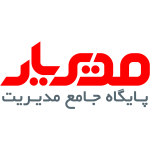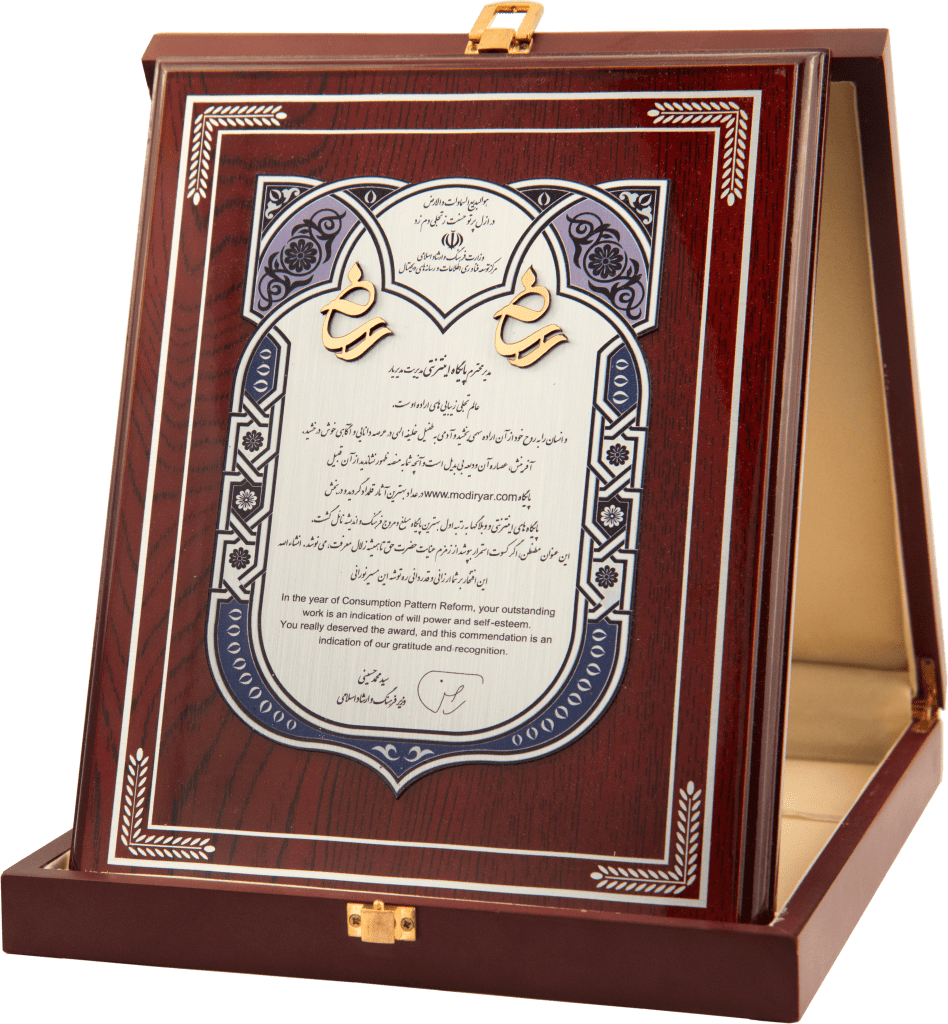1. Jurisdictional areas are clearly specified, activities are distributed as official duties (unlike traditional form where duties delegated by leader and changed at any time).
2. Organization follows hierarchial principle — subordinates follow orders or superiors, but have right of appeal (in contrast to more diffuse structure in traditional authority).
3. Intential, abstract rules govern decisions and actions. Rules are stable, exhaustive, and can be learned. Decisions are recorded in permanent files (in traditional forms few explicit rules or written records).
4. Means of production or administration belong to office. Personal property separated from office property.
5. Officials are selected on basis of technical qualifications, appointed not elected, and compensated by salary.
6. Employement by the organization is a career. The official is a full-time employee and looks forward to a life-
long career. After a trial period they get tenure of position and are protected from arbitrary dismissal.
Weber said that bureaucracy resolves some of the shortcomings of the traditional system. Described above was
his ideal-type construct, a simplified model (not a preferred model) that focuses on the most important features.
Weber’s view of bureaucracy was a system of power where leaders exercise control over others — a system based on discipline.
Weber stressed that the rational-legal form was the most stable of systems for both superiors and subordinates — it’s more reliable and clear, yet allows the subordinate more independence and discretion. Subordinates ideally can challenge the decisions of their leaders by referring to the stated rules — charisma becomes less important. As a result, bureaucratic systems can handle more complex operations than traditional systems. (all above Scott p. 41-42).
Bureaucracy and Unresponsiveness
Often public service organizations are criticized for being unresponsive to their customer’s needs.
One of Weber’s most serious concerns was how society would maintain control over expanding state bureaucracies. He felt the most serious problem was not inefficiency or mismanagement but the increased power of public officials. A person in an important, specialized position will become to realize how dependent their bosses are on their expertise and begin to exercise their power in that position. Furthermore, the staff also begin to associate with the special social interests of their particular group or organization. Over history this has caused the shift in power from the leaders of society to the bureaucrats







